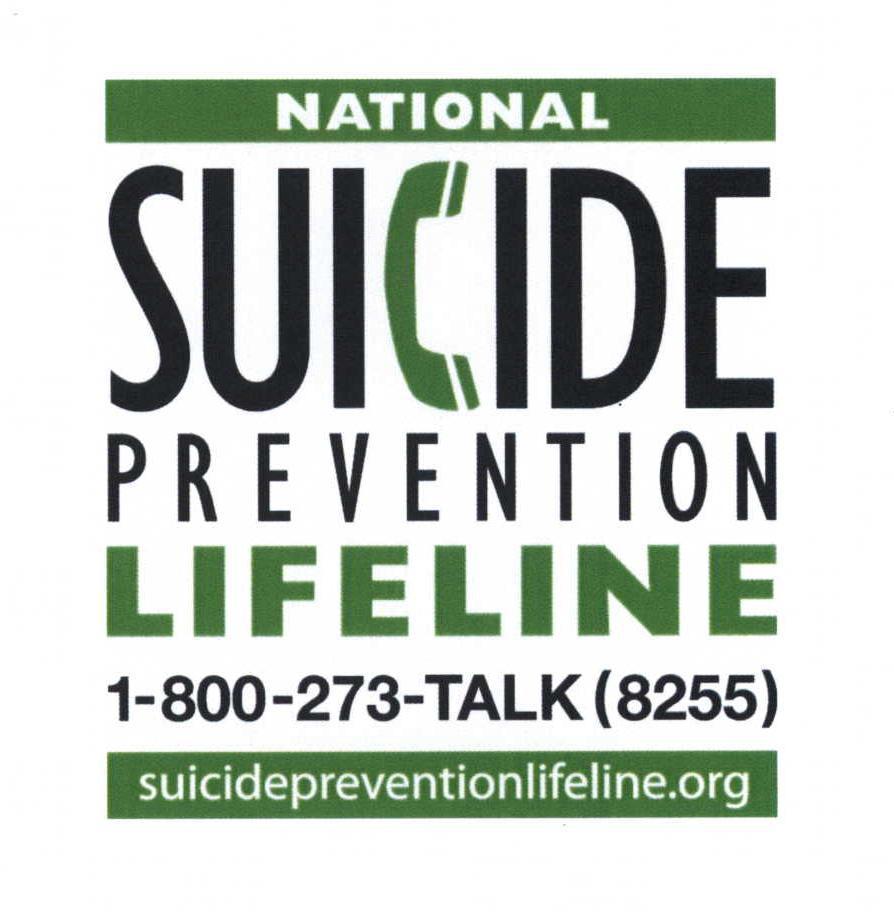MEND CORNER: Suicide Prevention
MEND CORNER: Suicide Prevention
December 12, 2018
 Suicide Can Be Prevented
Suicide Can Be Prevented
Understanding the issues concerning suicide and mental health is an important way to take part in suicide prevention, help others in crisis, and change the conversation around suicide.
We Can All Take Action
Evidence shows that providing support services, talking about suicide, reducing access to means of self-harm, and following up with loved ones are just some of the actions we can all take to help others.
Know the Risk Factors
Risk factors are characteristics that make it more likely that someone will consider, attempt, or die by suicide. Risk factors can’t cause or predict a suicide attempt, but they are important to be aware of.
- Alcohol and other substance use.
- Hopelessness.
- Impulsive and/or aggressive tendencies.
- History of trauma or abuse.
- Major physical illness.
- Past suicide attempt(s).
- Family history of suicide.
- Job or financial loss.
- Loss of relationship(s).
- Easy access to lethal means.
- Local cluster of suicide.
- Lack of social support and sense of isolation.
- Stigma associated with asking for help.
- Cultural and/or religious beliefs, such as belief that suicide is a noble resolution to a personal dilemma.
- Exposure to others who have died by suicide (in real life, via media, or on the internet).
Warning Signs
Some warning signs may help determine if a loved one is at risk for suicide, especially if the behavior is new, has increased, or seems related to a painful event, loss, or change. Below are some warning signs that a person at risk may display. Please note that no one single sign or factor is indicative of suicide risk.
- Talking about wanting to die or kill themselves.
- Looking for a way to kill themselves, like searching for information online or buying a weapon.
- Talking about feeling hopeless or having no reason to live.
- Talking about feeling trapped or in unbearable pain.
- Talking about being a burden to others.
- Increase in alcohol or drug use.
- Behaving anxious or agitated.
- Engaging in reckless behaviors.
- Increase or decrease in sleep.
- Withdrawing or isolating themselves from others.
- Showing rage or talking about seeking revenge.
- Extreme mood swings.
If you or someone you know exhibits any of these seek help by calling the Lifeline (800) 273-8255 or visiting https://suicidepreventionlifeline.org.
Stories of Hope & Recovery








